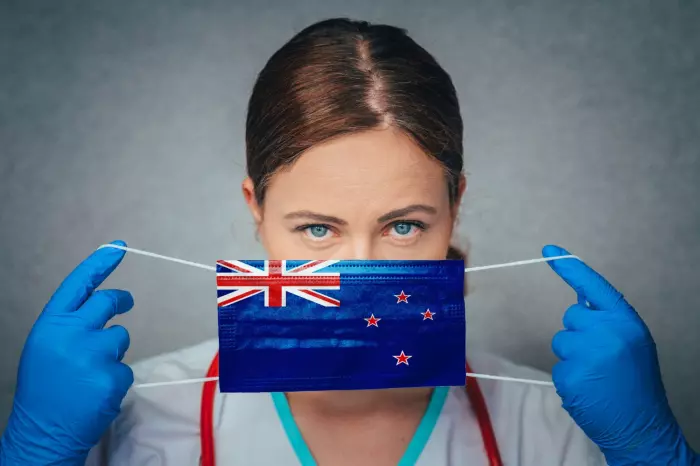Fundamental changes in the way the New Zealand health system will operate are under way.
The government has announced a NZ Health Workforce Plan, signalling “big shifts” in the health system to address the workforce shortages. In a move that health minister Ayesha Verrall said would make NZ's health workforce more sustainable, supporting the domestic workforce will be prioritised to manage the daily pressures.
The new plan was developed by Te Whatu Ora - Health New Zealand, and Te Aka Whai Ora - Māori Health Authority.
'Confronting to some'
Verrall said the health authorities engaged with the frontline clinical workforce, professional bodies, unions and government in writing the plan.
“While the modelling in this plan might be confronting to some, I think it is important that Te Whatu Ora is clear on workforce shortages to enable action,” she said.
The priority areas include:
- Supporting and retaining the workforce.
- Growing pathways for Māori and Pacific communities in health.
- Driving local innovation in training.
- Increasing priority workforce groups.
The health minister said the government was laying the foundations for fundamental change in the way the system regulates, trains, invests and recruits for the future.
“This requires partnership and drive from other parts of our health system, and across government. It must be a key focus for all our health agencies over the next year.”
Specific initiatives and actions outlined in the workforce plan include:
- Growing rural and interdisciplinary training programmes to enable larger student intakes.
- Growing ‘earn-as-you-learn’ programmes across health professions.
- Creating 135 new training places a year for allied and scientific professionals, including paramedics, oral health therapists, radiation therapists and pharmacy prescribers and anaesthetic technicians.
- Seed funding for new programmes to grow these allied professions.
- Sustained investment in Return to Nursing and support for internationally qualified nurses (IQNs) to get ready to practice in NZ.
- Launch of a Return to Health project focused on flexible opportunities for those with health qualifications to return to work.
- Expanding access to cultural and hardship support for Māori and Pacific students in training to minimise student attrition and grow workforces faster.
- Establishing funding for Māori providers to take more students on placement and to offer increased training and development roles.











